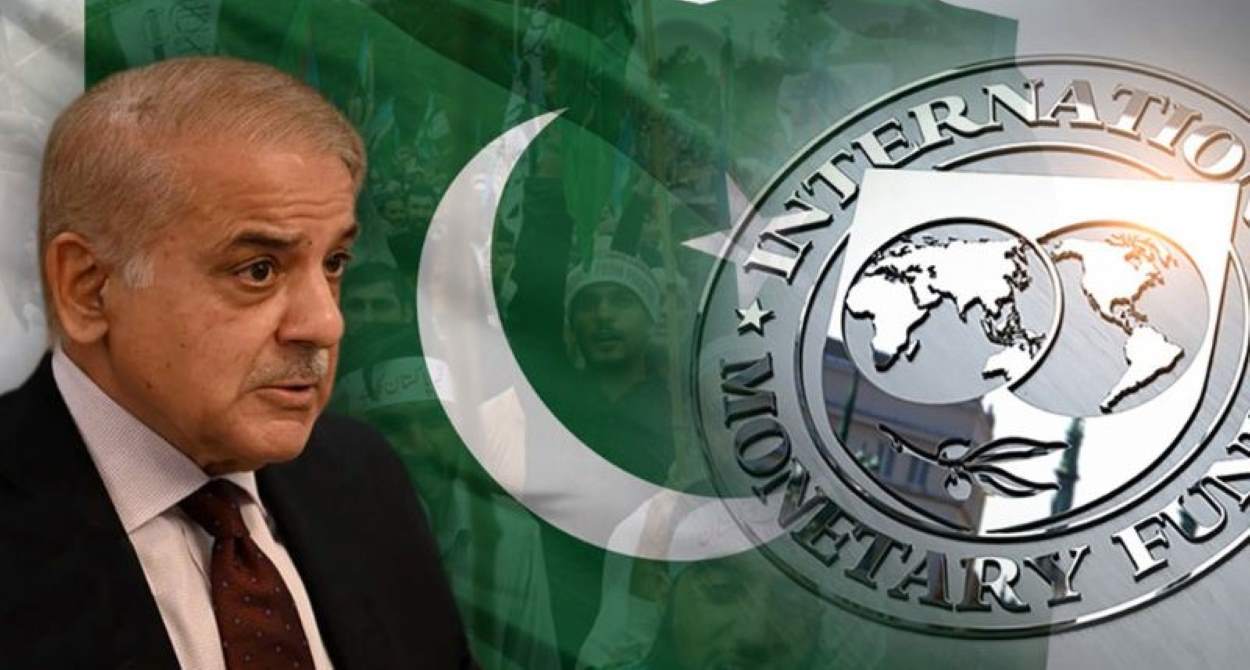The International Monetary Fund (IMF) anticipates Pakistan’s inflation rate to decrease to 10.6% by 2025, following a significant drop from 29% to 12.6% this year.
Jihad Azour, IMF’s Director for the Middle East and Central Asia. Alongside this, Pakistan’s economy is projected to grow by 3.2% during the 2024-25 fiscal year, signalling a recovery.
Azour highlighted that Pakistan’s reform agenda is geared toward achieving fiscal stability, increasing revenue, and reducing deficits. He pointed out that enhancing tax collection and addressing systemic fiscal issues are crucial for boosting revenue.
Additionally, reforming state-owned enterprises remains critical to fostering private sector opportunities, attracting foreign investments, and enhancing Pakistan’s export capabilities.
Read: IMF Calls for Action Against Political Harassment in Pakistan
Azour also emphasized the importance of creating an investment-friendly environment to alleviate inflationary pressures and support capital inflows, easing the strain on Pakistan’s current account. He expressed optimism about these strategies stabilizing the economy, reducing financial risks, and improving the energy sector.
Furthermore, Pakistan has formally requested about $1 billion from the IMF’s Resilience and Sustainability Trust (RST), which assists low and middle-income countries in managing climate risks, as Finance Minister Muhammad Aurang disclosed at the IMF/World Bank autumn meetings in Washington.
Read: IMF Unveils New Loan Conditions for Pakistan
The RST, established in 2022, offers long-term concessional funding for climate-related expenditures, including adaptation and transition to cleaner energy sources. “We think we are a very good candidate for this facility,” Aurangzeb remarked, noting the goal of finalizing the request in the upcoming months.
Aurangzeb also mentioned ongoing discussions with various institutions, including the AIIB, to secure credit enhancements that could improve bond ratings, attract investors, and reduce government borrowing costs.






